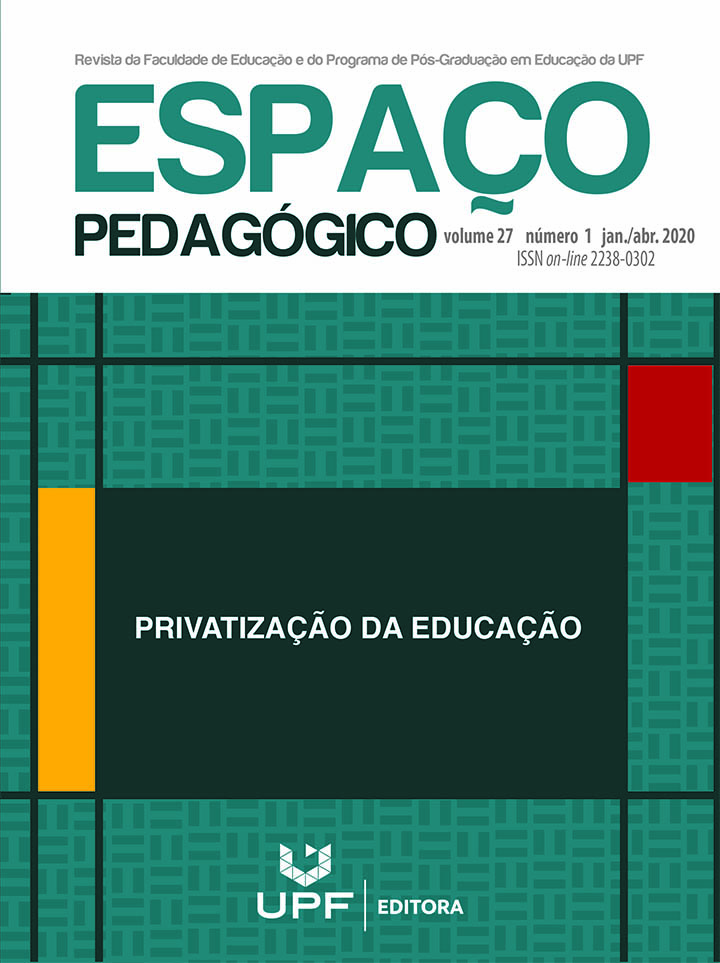Teaching practice and gender relationships and sexualities: talking with teachers and teachers
DOI:
https://doi.org/10.5335/rep.v27i1.10583Keywords:
schools, gender, sexualitiesAbstract
What has been the work with gender and sexuality performed by female teachers in 3 schools in the city of Juiz de Fora? This is the focus question that directs the analyzes in this article around the issues raised in a master’s research conducted between 2015-2016. As gender and sexuality are social organizers, the result of historical and cultural construction, listening and dialogue with teachers is to reinforce the idea that schools are not essences, but the result of relationships between individuals and society. In this sense, we are taking the poststructuralist theoretical-methodological perspective, influenced by Foucaultian studies, mainly from the notion of problematization, linked to the history of thought, which, not proposing to offer solutions, provides the opportunity to broaden the debate about research in the educational field. As a methodological process we applied a questionnaire in the city’s schools to identify which teachers assumed to do work with gender and sexuality. Of the 36 teachers who took on such work, only 5 agreed to participate in the focus groups in which we discussed the questionnaire responses. It is with these lines built in focus groups that we will work. Two aspects appear as a result of conversations. The first is the evidence that teachers have acquired and put into practice knowledge that refers to gender relations and sexuality and can articulate with their teaching practice. The second is the demonstration that working schools do gender and sexuality work.



